
|
Scooped by
Kent College History
onto African American civil rights July 11, 2019 1:05 PM
|
Follow, research and publish the best content
Get Started for FREE
Sign up with Facebook Sign up with X
I don't have a Facebook or a X account
Already have an account: Login
 Your new post is loading... Your new post is loading...
 Your new post is loading... Your new post is loading...
|
|





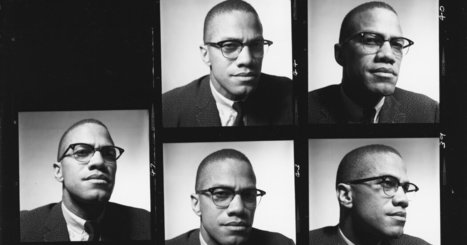
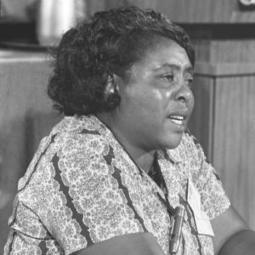


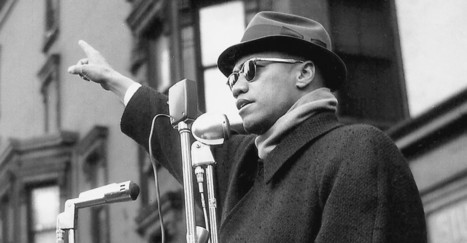
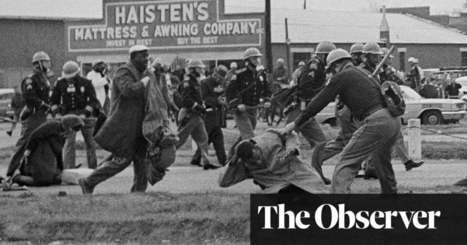

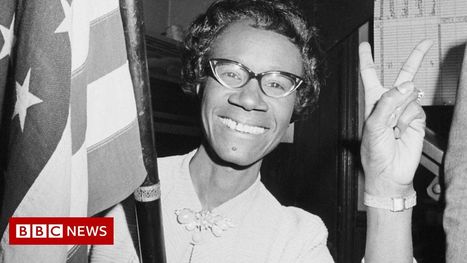
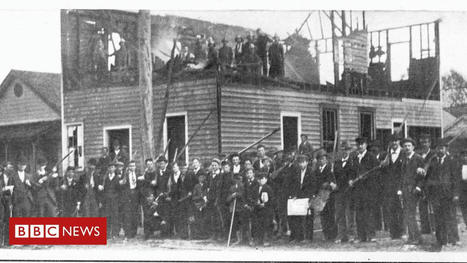







African American representation in Congress from 1870.